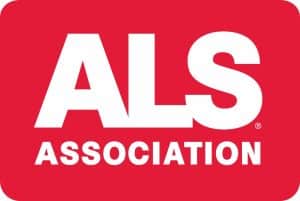Charity
South Carolina Commits $500,000 for People Living with ALS
The ALS Association, the country’s largest nonprofit organization devoted to curing and caring for people with Amyotrophic Lateral Sclerosis (ALS), today publicly thanked the South Carolina General Assembly and Rep. Bill Herbkersman, Rep. Leon Stavrinakas, and Sen. Sandy Senn for including $500,000 to support ALS patients and caregivers in the state.
“State lawmakers can play a critical role in making ALS livable for everyone, everywhere by investing in research for treatments and cures, and for making sure people living with ALS in their states have access to high quality care,” said Calaneet Balas, President and CEO of The ALS Association. “This funding not only enhances the quality of life for people living with ALS in South Carolina, it’s also a smart investment that will save the state money in the long term. We are especially grateful to Representative Bill Herbkersman for his leadership and thank the entire General Assembly for their support. We thank the many patients living with ALS and their caregivers, as well, for their letters and calls to their state senators and representatives that made this endeavor a success in South Carolina.”
ALS is a neurodegenerative disease that results in the death of nerve cells in the brain and spinal cord, causing the muscles in the body to gradually weaken. This leads to the loss of limb function, difficulty breathing, paralysis, and eventually death. There is currently no known cause or cure for the disease.
Funds will help people living with ALS and their families throughout South Carolina by expanding access to medical and assistive technology equipment and services, reducing financial burdens of living with disease, and improving overall safety, well-being, and quality of life.
“The ALS Care Services funding of $500,000 is giant step forward for people living with ALS in South Carolina,” said Ron Faretra, a Veteran living with ALS and advocate who helped secure the funds in South Carolina. “ALS is a fatal disease leaving the person with ALS unable to work and leaving the spouse or significant other to be the full-time caregiver making them unable to work. Not only is the ALS diagnosis physically difficult, but the loss of two-family incomes makes it almost impossible to survive financially. This funding will help people with ALS financially and it will also help to make it a more livable disease until we can ultimately find a cure.”

























